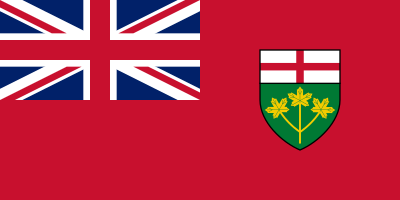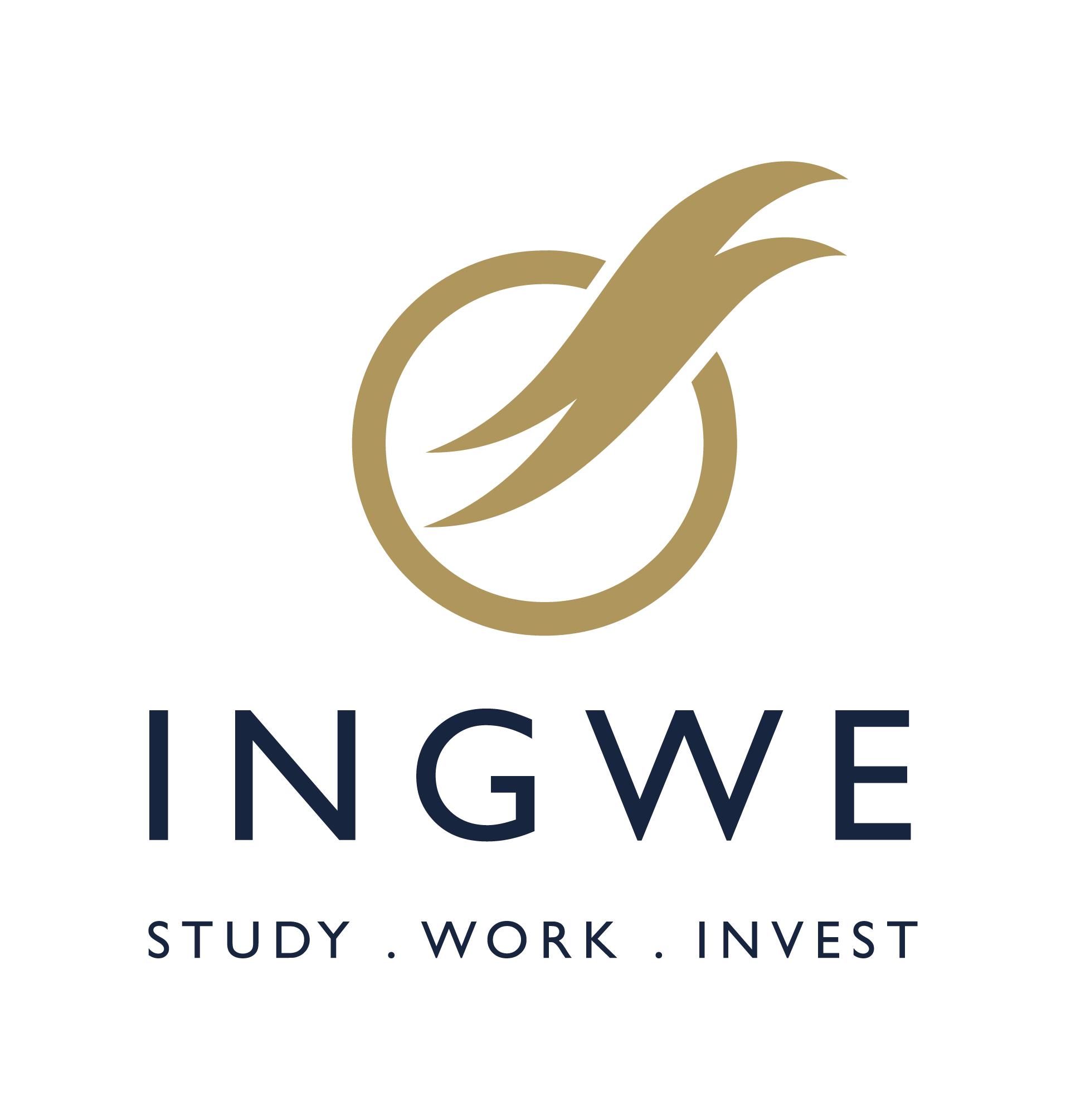 If you’re an entrepreneur looking to relocate to Canada and gain permanent residency quickly, there are several programs you might be able to access. That’s the upside of a country committed to immigration (over 400,000 in 2021, as reported by The Washington Post).
If you’re an entrepreneur looking to relocate to Canada and gain permanent residency quickly, there are several programs you might be able to access. That’s the upside of a country committed to immigration (over 400,000 in 2021, as reported by The Washington Post).
However, each program comes with its own specialized requirements, advantages, and disadvantages. Navigating these complexities can be confusing, to say the least, and it’s advisable to get some sound legal advice before you commit.
In this article we’ll try to summarize the main requirements and limitations of each of the main schemes that have been running in the Canada recently. Specifically, we’ll focus on those that fast-track permanent residency, for skilled and locally-invested immigration.
QUEBEC INVESTOR IMMIGRATION PROGRAM First, a bit of bad news. Quebec’s only scheme for passive investment (financial support of a local business without active participation) has been put on hold.
First, a bit of bad news. Quebec’s only scheme for passive investment (financial support of a local business without active participation) has been put on hold.
The Quebecois government is seeking to modernize its immigration policy to (in its words) “implement an updated program that better corresponds to the government's objectives in terms of the integration and francization of immigrants”. To this end, it has extended the current suspension of applications at least until April 1st, 2023.
Here is the official government link for the Quebec Investor Immigration Program:
https://www.immigration-quebec.gouv.qc.ca/en/immigrate-settle/businesspeople/applying-business-immigrant/three-programs/investors/index.html
However, there are three alternatives elsewhere in Canada that entrepreneurs might consider:
Startup Visa Program Although the name of this program contains the word “startup” it isn’t strictly speaking necessary to launch an entirely new business.
Although the name of this program contains the word “startup” it isn’t strictly speaking necessary to launch an entirely new business.
The basic requirements are as follows:
• Applicants must have a qualifying business (each individual applicant must own at least 10% of the voting rights attached to extant shares). Up to five people can jointly apply under this provision.
• Applicants and the Designated Organization (more on that below) must co-own at least 50% of the voting rights of the qualifying business altogether. In other words, a majority share.
• The business must be incorporated in Canada, do the bulk of its business there and applicants must manage it from within Canada.
• A Designated Organization (angel investor or VC fund) must provide a letter of support for the applicant, demonstrating a commitment to support the new venture.
• You must pass certain language requirements in English and/or French.
• There are requirements on cash reserves you must possess to support your family while your application is being processed. For more detailed guidance, see here.
A new venture from an existing business might qualify if a VC fund will support it, so you needn’t be applying with a brand-new startup. Furthermore, apart from the living expenses requirement, there’s no minimum cash investment or net worth audit required.
You can also apply for a temporary work permit to initiate the process in Canada while you wait for your permanent residency to be granted.
More details are provided on the Startup Visa program on our website using this link (Step 1- click on ‘ Canadian Citizenship’ , Step 2- then scroll down to the middle of the page, Step 3- click on ‘Startup Visa’ , Step 4- Read the pop up box regarding the details of this program).
https://www.ingwe.ca/choose-your-path/invest
Self-Employed Program
This too might be something of a misnomer, since one of its eligibility requirements is that participants be engaged professionally in either cultural activities or athletics. A self-employed electrician would not be able to apply (unless he or she works exclusively in the theatre perhaps).
However, for filmmakers, writers, composers, dancers, swimmers, and other sportspeople (for instance) this is a highly desirable program to pursue.
Here are the main requirements:
• Have taken part in cultural or athletic activities at “world-class” level.
• Be self-employed as a cultural or athletic performer.
• Have a minimum of two years’ experience under either criterion above.
There’s obviously a lot of room for interpretation here. For instance:
• What exactly does “world-class” mean?
• How do you define “cultural activities”?
• Does athletics include such activities as horse-racing or skeet shooting?
• What does it mean to be “self-employed” as a sportsperson?
The definitions are probably intentionally vague to allow for a degree of flexibility. Applicants commonly using this route include film directors, producers, actors, musicians, and professional athletes.
Cultural applications can be extended to allow for librarians or translators, for instance, and sportspeople can include coaches or referees, so it’s worth a try even with tangential job roles.
In addition to fitting the above criteria, applicants are assessed on experience, education, age, language abilities and “adaptability”. You also need to take a mandatory medical exam, undergo a police record check, and have sufficient funds to support yourself and your family.
Find out more about the self-employed program using this link:
https://www.canada.ca/en/immigration-refugees-citizenship/services/immigrate-canada/self-employed/eligibility.html
ONTARIO EXCUTIVE MBA PROGRAM If you’re applying to live and work in Ontario, and wish to obtain an MBA, this route for educational immigrants might also suit entrepreneurs. Such schemes fast track applicants who want to work and study in the region, then apply through the Ontario Provincial Nominee Program for permanent residency.
If you’re applying to live and work in Ontario, and wish to obtain an MBA, this route for educational immigrants might also suit entrepreneurs. Such schemes fast track applicants who want to work and study in the region, then apply through the Ontario Provincial Nominee Program for permanent residency.
The big advantage of taking this route is that you don’t need a firm job offer or work experience, simply acceptance on the MBA program. Obviously unless you have the funds and desire to study for an MBA, this may not prove a suitable route, but it can be a great way of securing both work experience and a professional qualification whilst demonstrating a commitment to Canadian residency.
Find out more about the Ontario PNP Graduate Stream which leads directly to PR on this government website:
https://www.ontario.ca/page/oinp-masters-graduate-stream
THE TEMPORARY WORK PERMIT ROUTE
If you are willing to take the calculated risk of a temporary work permit while applying for permanent residency, your options expand significantly. A permit of between 6 and 20 months may buy you the time to apply for a provincial Entrepreneurial Immigration Program. Each province has different eligibility criteria, so it’s important to read the fine print and source reliable legal advice.
Other kinds of work permit which may be available at the federal level include:
• Owner-operator permits for buying or setting up a new business.
• Intra-company transfer permits (your company relocates you from another country).
• Investor work permits for making a significant cash investment in a local business.
Whether you adopt the fast-track approach, or the “wait and see” method of getting a work permit first and then applying for permanent residency, you should consult with an attorney experienced in the field.
Canada is comparatively welcoming to entrepreneurial immigrants, but there is always red tape to negotiate, and you want to make sure your application is as watertight as possible.
Check this official government website link on more details regarding these types of business immigration programs:
https://www.canada.ca/en/immigration-refugees-citizenship/corporate/publications-manuals/operational-bulletins-manuals/temporary-residents/foreign-workers/exemption-codes/canadian-interests-significant-benefit-general-guidelines-r205-c10.html
INGWE Immigration Can Help For advice and assistance negotiating the various routes to Canadian residency, contact IMGWE Immigration Services today. Incoming investors and business owners from overseas are welcome to get in touch for assistance with any of the following:
For advice and assistance negotiating the various routes to Canadian residency, contact IMGWE Immigration Services today. Incoming investors and business owners from overseas are welcome to get in touch for assistance with any of the following:
• Setting up a branch office for your business.
• Relocating your business to Canada.
• Investing in a new Canadian business venture.
• Buying an existing business or joint venture.
We have over 25 years’ experience assisting entrepreneurs and businesspeople. In 2020-21 alone, our immigration assistance proved invaluable to more than 10 start-ups seeking visa entry and 15 entrepreneurial and intra-company transfer applicants.
Use the link below to contact INGWE for a free assessment to help you select the right business immigration program:
https://www.ingwe.ca/contact-us
